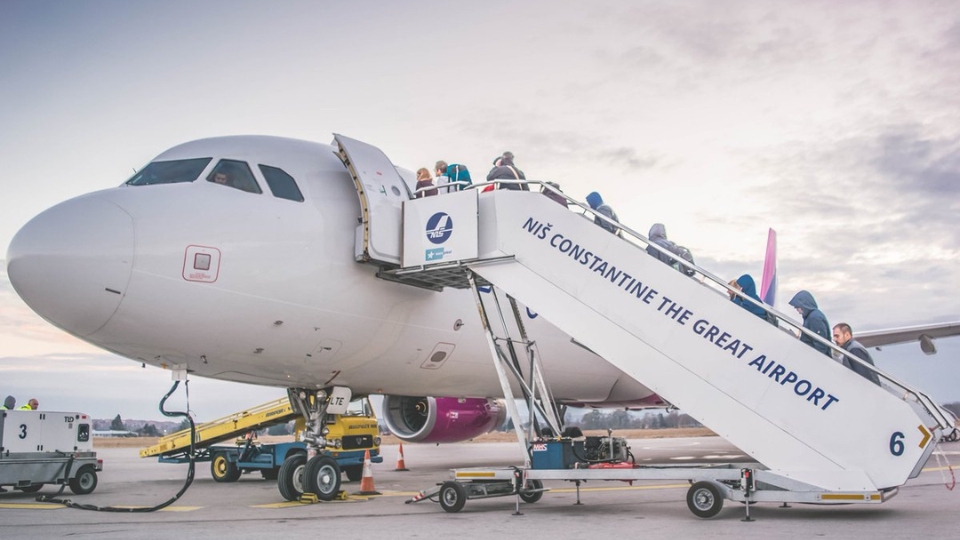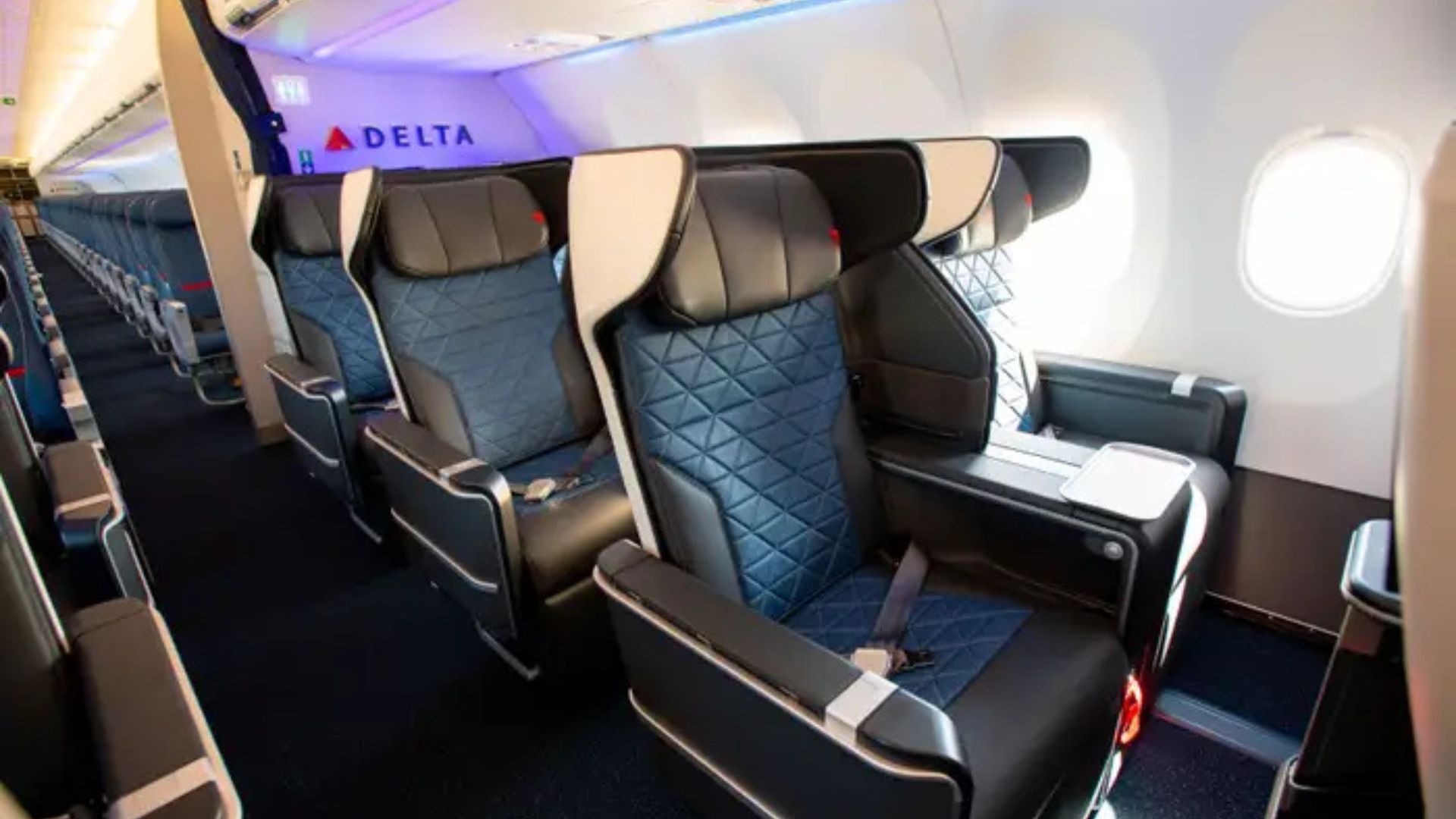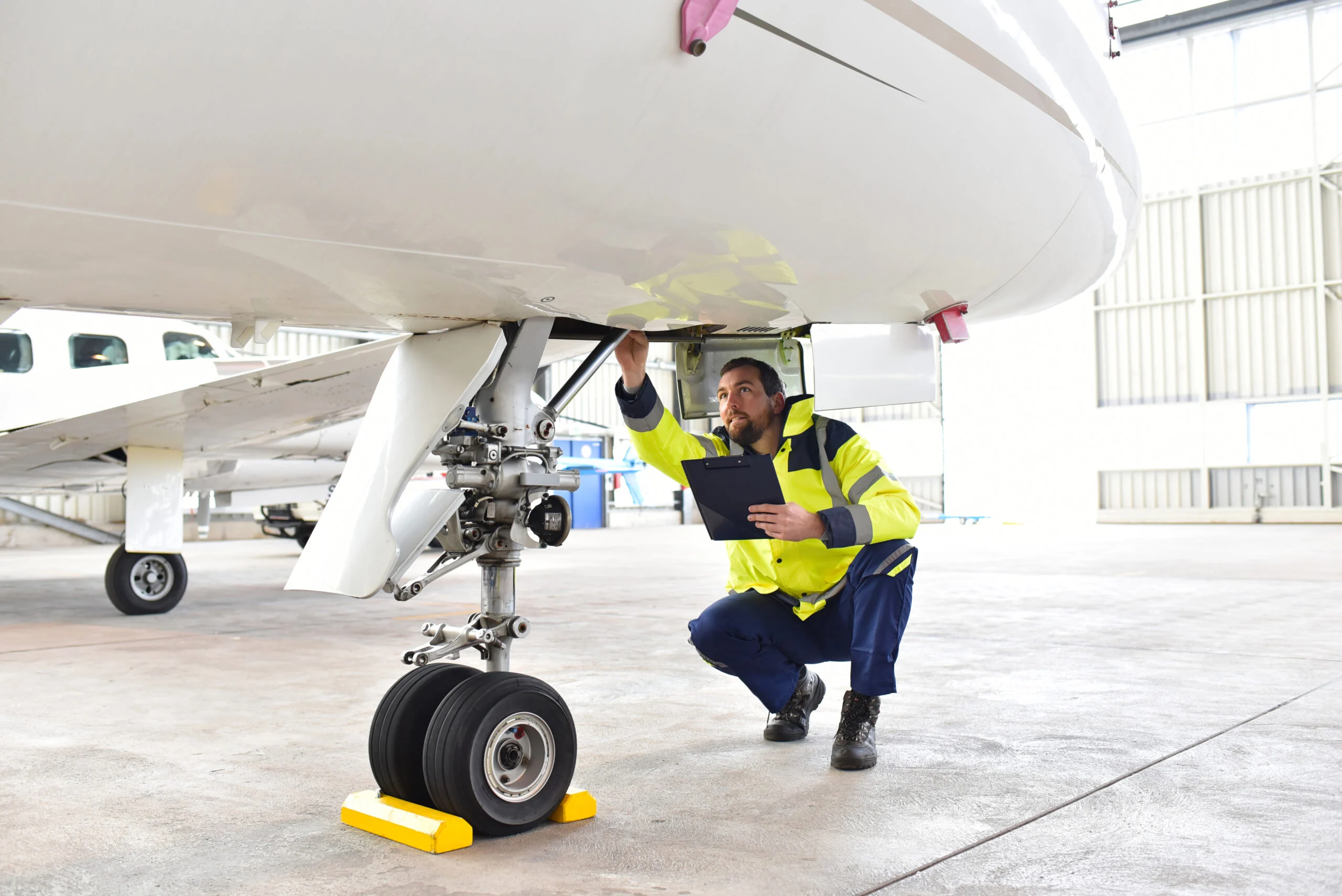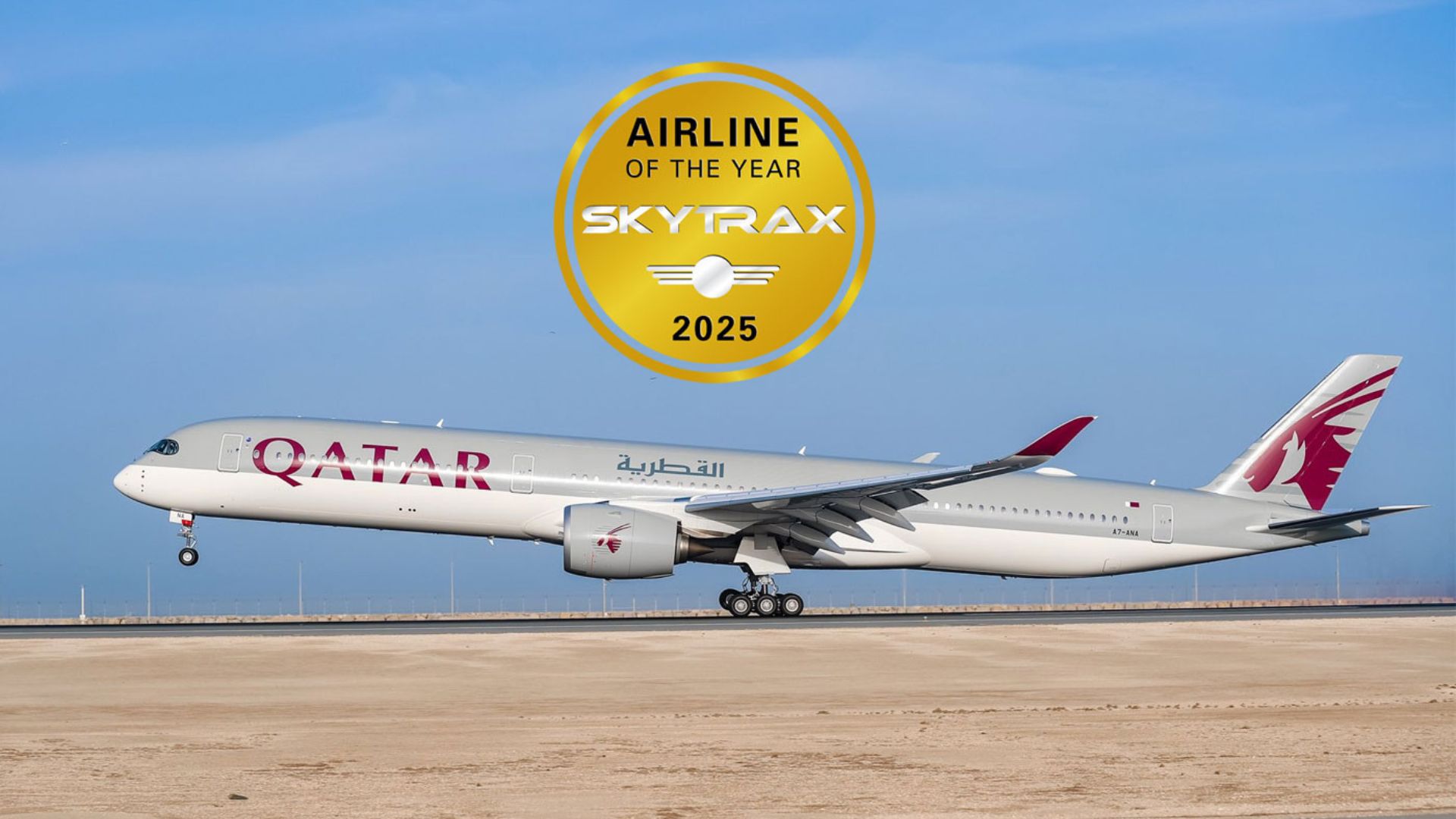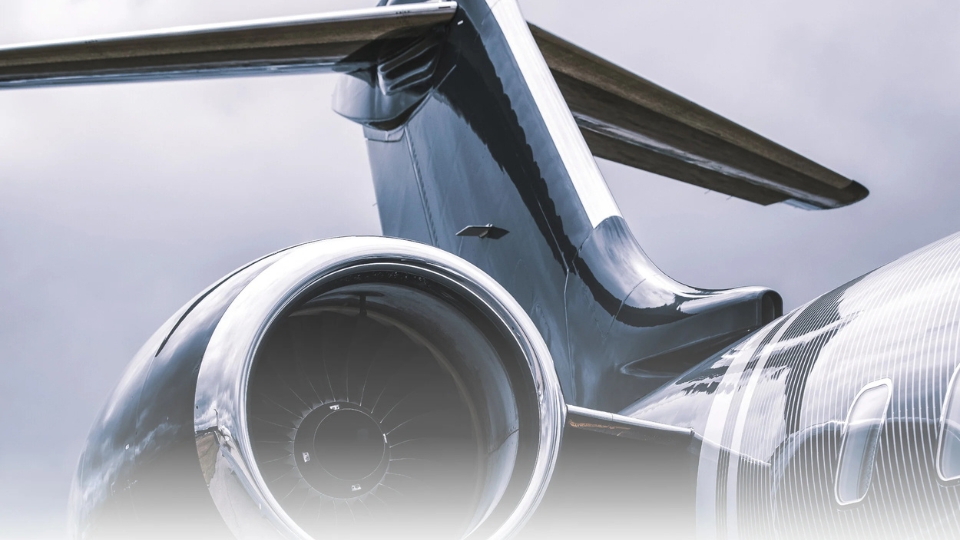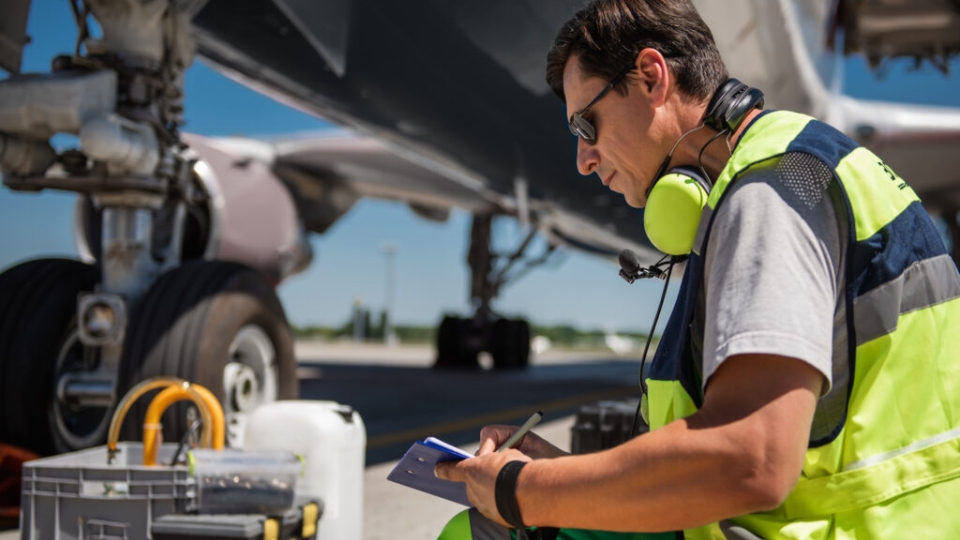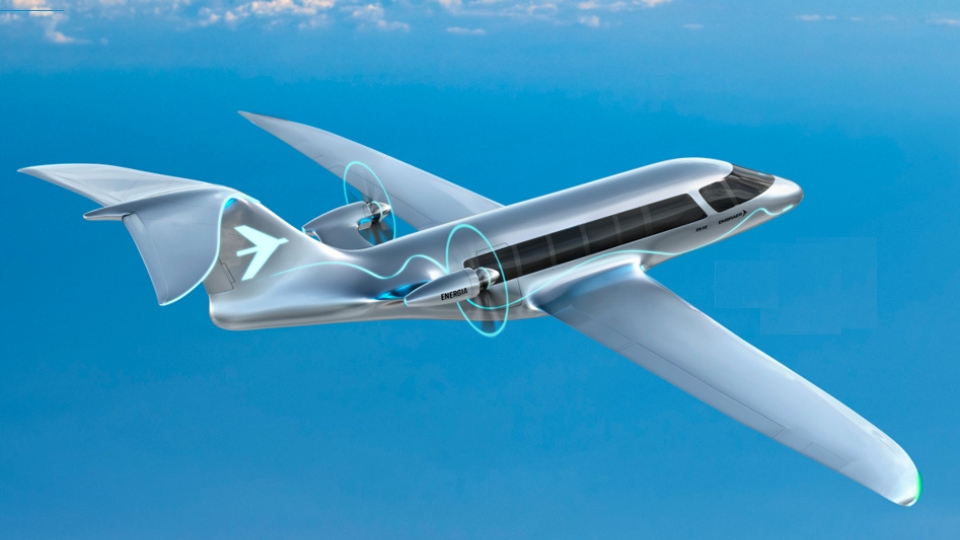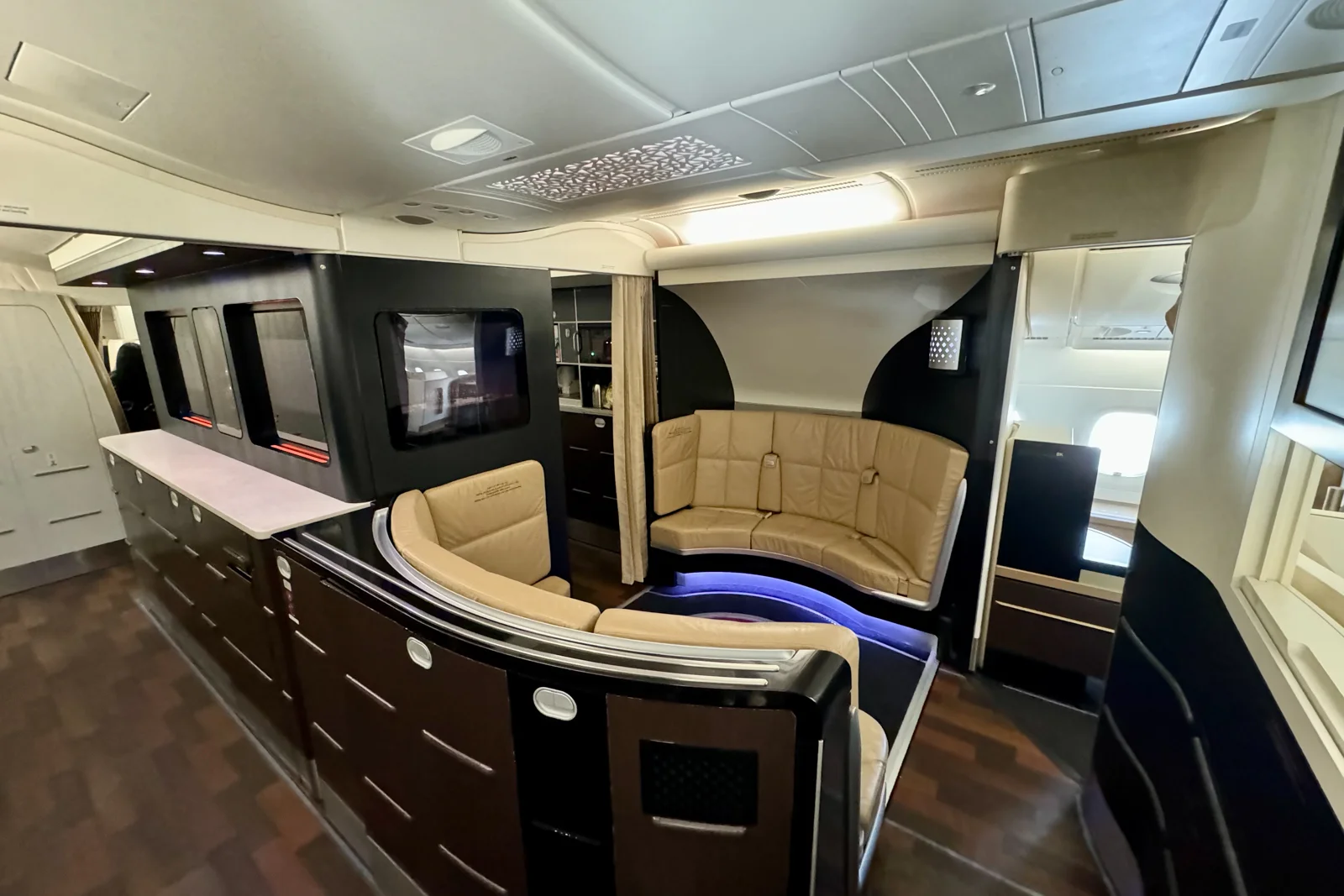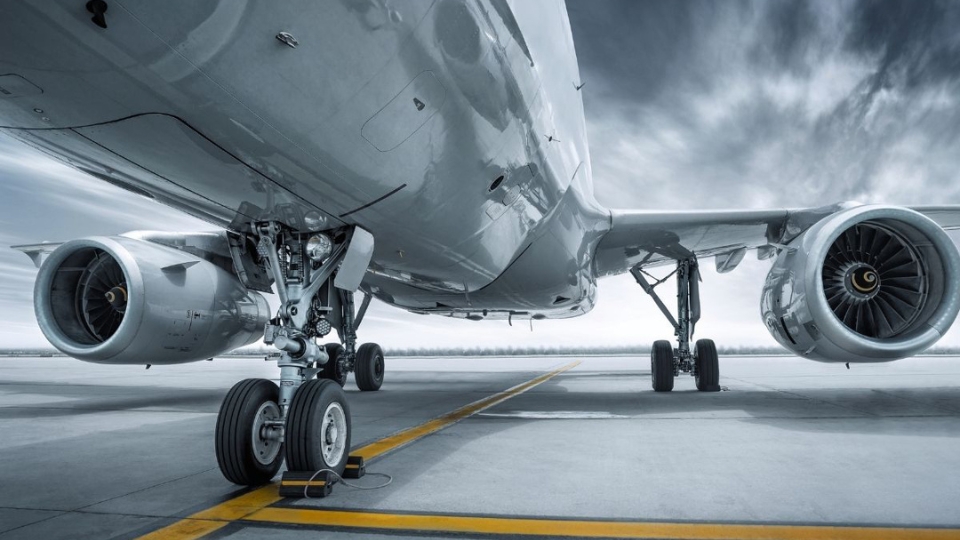Safety remains the top priority in air travel, and airlines with outstanding safety records set the standard for the industry. Passengers trust these carriers to maintain the highest levels of security, operational efficiency, and technological reliability. Airlines recognized for safety invest in rigorous training, advanced aircraft technology, and continuous monitoring to ensure that every flight is secure.
For travelers, choosing an airline with a strong safety record provides peace of mind, making every journey more comfortable and stress-free.
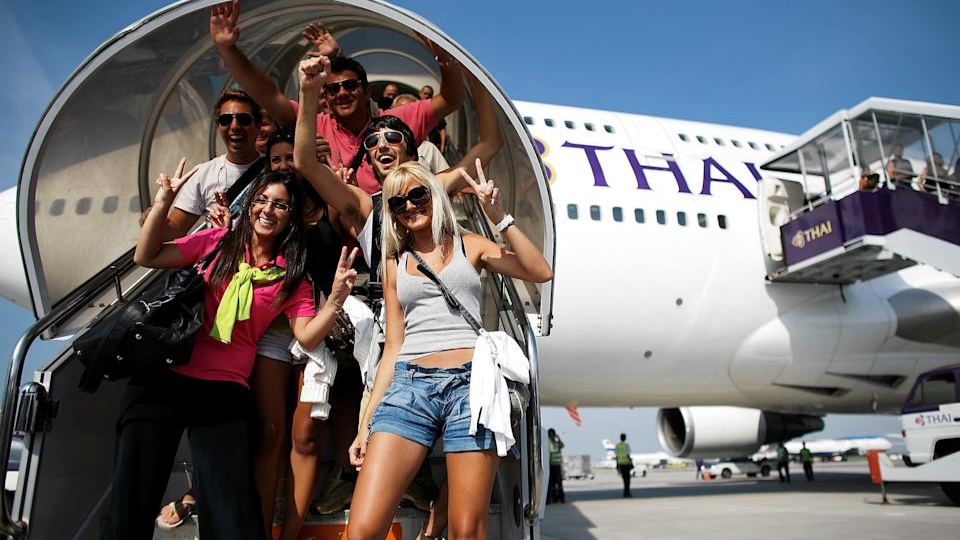
Airlines Recognized for Outstanding Safety Records
Importance of Airline Safety
Airline safety goes beyond crash statistics. It encompasses passenger well-being, regulatory compliance, and proactive risk management.
-
Rigorous pilot training: Continuous education ensures pilots are prepared for any scenario.
-
Maintenance excellence: Regular aircraft inspections and upgrades prevent technical failures.
-
Advanced safety systems: Modern aircraft are equipped with cutting-edge navigation and monitoring technologies.
-
Operational protocols: Airlines follow strict procedures for emergency preparedness and passenger management.
Consequently, airlines with robust safety programs minimize risks and maintain trust among travelers worldwide.
Airlines with Top Safety Records
Certain airlines consistently earn recognition for their commitment to safety. These carriers demonstrate operational excellence and meticulous attention to detail.
International Leaders
-
Qantas: Known for zero fatal accidents in the modern jet era, Qantas prioritizes pilot training, maintenance, and emergency preparedness.
-
Singapore Airlines: Implements comprehensive safety audits, rigorous training, and proactive risk assessment across all operations.
-
Emirates: Combines advanced technology with strict operational protocols to maintain a stellar safety record.
Regional Excellence
-
Lufthansa: Implements strict European aviation standards and continuous pilot assessment programs.
-
Air New Zealand: Recognized for safety innovations and crew training excellence.
-
ANA (All Nippon Airways): Maintains meticulous maintenance schedules and emergency readiness.
These airlines illustrate that safety is a continuous, proactive process rather than a one-time achievement.
Factors Contributing to Safety Excellence
Airlines recognized for outstanding safety records share several common practices:
-
Regular maintenance checks: Aircraft undergo frequent inspections to ensure mechanical integrity.
-
Highly trained crew: Pilots and flight attendants receive ongoing education in safety and emergency procedures.
-
Safety culture: Staff at all levels are encouraged to report potential hazards without hesitation.
-
Technology integration: Advanced monitoring systems detect and address technical issues before they escalate.
-
Regulatory compliance: Airlines strictly adhere to international and regional aviation safety standards.
By combining these measures, airlines reduce risk and enhance passenger confidence.
Passenger Role in Safety
Passengers also contribute to a safe travel experience. Airlines encourage travelers to:
-
Follow safety instructions: Pay attention during pre-flight briefings and demonstrations.
-
Wear seatbelts properly: Keep seatbelts fastened whenever seated.
-
Store baggage securely: Ensure luggage does not obstruct aisles or exits.
-
Report issues: Alert crew to potential hazards or health concerns.
Collaborative behavior between passengers and crew strengthens overall safety measures.
The Role of Technology in Airline Safety
Modern technology has revolutionized how airlines maintain safety records:
-
Predictive maintenance: Sensors detect wear and tear, preventing mechanical failures.
-
Flight monitoring systems: Real-time data allows pilots and ground control to make informed decisions.
-
Automated alerts: Systems notify crews of potential hazards, including weather and mechanical issues.
-
Simulation training: Advanced simulators prepare pilots for emergency scenarios.
By integrating technology with human expertise, airlines achieve unparalleled safety performance.
Why Safety Records Matter
Choosing an airline with an outstanding safety record affects more than peace of mind—it can impact travel efficiency, comfort, and trust.
-
Reliability: Airlines with strong safety programs experience fewer delays and operational disruptions.
-
Passenger confidence: Travelers feel secure, reducing anxiety and improving overall satisfaction.
-
Industry recognition: High safety standards often correlate with superior service, modern fleets, and experienced crews.
In short, safety excellence benefits both passengers and the airline itself.
Conclusion
Airlines recognized for outstanding safety records demonstrate that passenger security is a continuous, proactive commitment. By combining rigorous training, advanced technology, thorough maintenance, and a culture of safety, these carriers set the benchmark for the aviation industry.
Travelers can enjoy peace of mind and confidence when flying with these airlines, knowing that every detail is meticulously managed to ensure a safe journey. Ultimately, outstanding safety records reflect an airline’s dedication to protecting lives while delivering a comfortable, reliable, and efficient travel experience.

